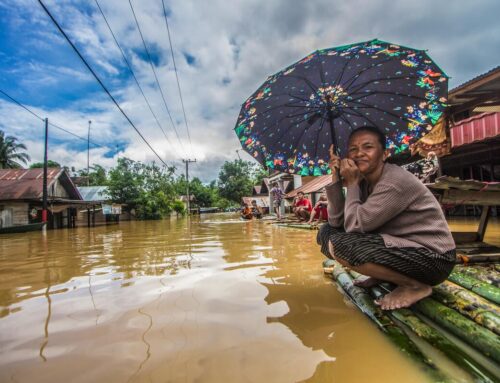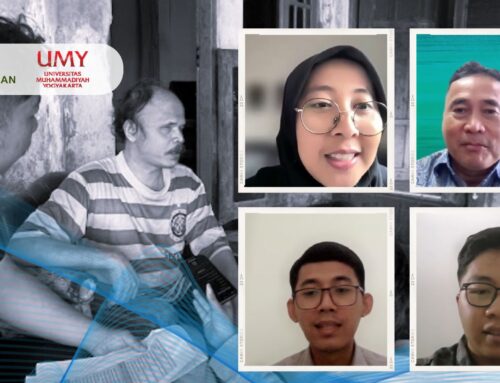Estimating appropriately the impact of early life and childhood exposure to various natural hazards remains an important issue in the literature. This paper attempts to raise this issue. It investigates the long-term impact of the 2004 Indian Ocean tsunami on educational and health outcomes in Banda Aceh city, Indonesia. The novelty of this paper is that it employs a spatial regression discontinuity design using our own household survey data to achieve this goal. Our results reveal that children inhabiting the heavily devastated area tend to have from 0.5 to 1.3 less years of schooling, less likely to continue to higher education, and on average shorter by nearly 1.2 standard deviations than those living in the mildly affected area upon their adulthood. Furthermore, children aged 6-12 years old at the time of tsunami living in the heavily affected area also tend to have higher prevalence of asthma and are more likely to be underweight.
Speaker: Riswandi (Universitas Syiah Kuala dan The Australian National University)
Thursday, 12 August jam 09.30-11.00am WIB
Participate on Zoom (registration required): https://bit.ly/fkp12august
Follow on YouTube bit.ly/fkp-live
Slides and video for past seminars:





